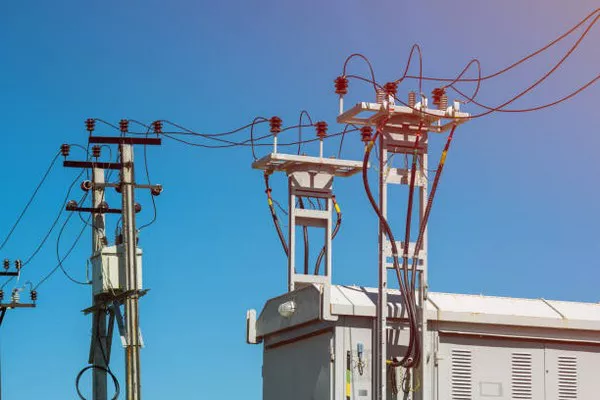Stellantis, the multinational automotive corporation, has celebrated the commencement of electric vehicle (EV) production at its Ellesmere Port manufacturing facility. This marks a significant milestone as the first all-electric vans roll off the production line at the plant, which is now the UK’s first EV-only manufacturing plant and the first of its kind within the Stellantis group. The transformation of the plant for EV production followed a £100 million investment.
The Ellesmere Port plant will manufacture a range of electric vans, including the Vauxhall Combo Electric, Opel Combo Electric, Peugeot e-Partner, Citroën ë-Berlingo, and, recently announced due to the surging demand for electric vehicles across Europe, the Fiat E-Doblò compact vans. Additionally, from 2024, the plant will produce a variety of electric passenger vehicles, such as the Vauxhall Combo Life Electric, Peugeot e-Rifter, and Citroën ë-Berlingo MPVs.
Kemi Badenoch, Secretary of State for Business and Trade, expressed her support for this development, emphasizing its significance in positioning the UK at the forefront of automotive innovation. She highlighted that this move not only promotes automotive innovation but also secures jobs in the critical automotive sector and its wider supply chain.
Diane Miller, the plant director at Ellesmere Port, sees this as a promising step into the future of automotive manufacturing, ensuring the continued production of vehicles at the plant for years to come. She emphasized that the addition of the Fiat E-Doblò to the plant reflects the growing demand for electric vehicles.
As part of the plant’s transformation for EV production, several key changes have been implemented. These include the establishment of a battery assembly shop, an upgraded General Assembly, and the relocation of the bodyshop. These changes have contributed to a 60% reduction in the total site area, leading to improved energy efficiency and productivity. Furthermore, the plant has built a new test track, and a parts distribution warehouse is nearing completion, set to become fully operational in early 2024.
This transformation aligns with Stellantis’ Dare Forward 2030 commitment, which aims to reduce its carbon footprint by 50% by 2030 (based on 2021 data) and achieve carbon neutrality globally by 2038. Sustainability improvements at the plant include the introduction of a more energy-efficient ‘4-wet’ paint application process and the installation of a localized combined heat and power (CHP) plant to generate on-site electricity, further reducing emissions.
To achieve its goal of becoming carbon-neutral by the end of the decade, the plant is working toward running on solar and wind power and connecting to the HyNet North West Hydrogen Pipeline.
Ellesmere Port has a rich history, having been established in 1962 and producing its first car, the Vauxhall Viva, in 1964. It has since manufactured iconic models from the Vauxhall range, including the Chevette and multiple generations of the Vauxhall and Opel Astra. Over 4.1 million units have rolled off its production lines since 1985.
Among the first electric vehicles produced at Ellesmere Port is the Vauxhall Combo Electric, featuring a 50kWh lithium-ion battery paired with a 100kW (136PS) electric motor. It offers a range of up to 175 miles (WLTP), and a 0-80% charge can be completed in just 30 minutes using a 100kW rapid charger.
Currently, Vauxhall, Peugeot, Citroën, and Fiat are the only mainstream automotive brands producing vans in Britain. These brands also manufacture vans at the Stellantis factory in Luton, which has been in operation since 1905.

